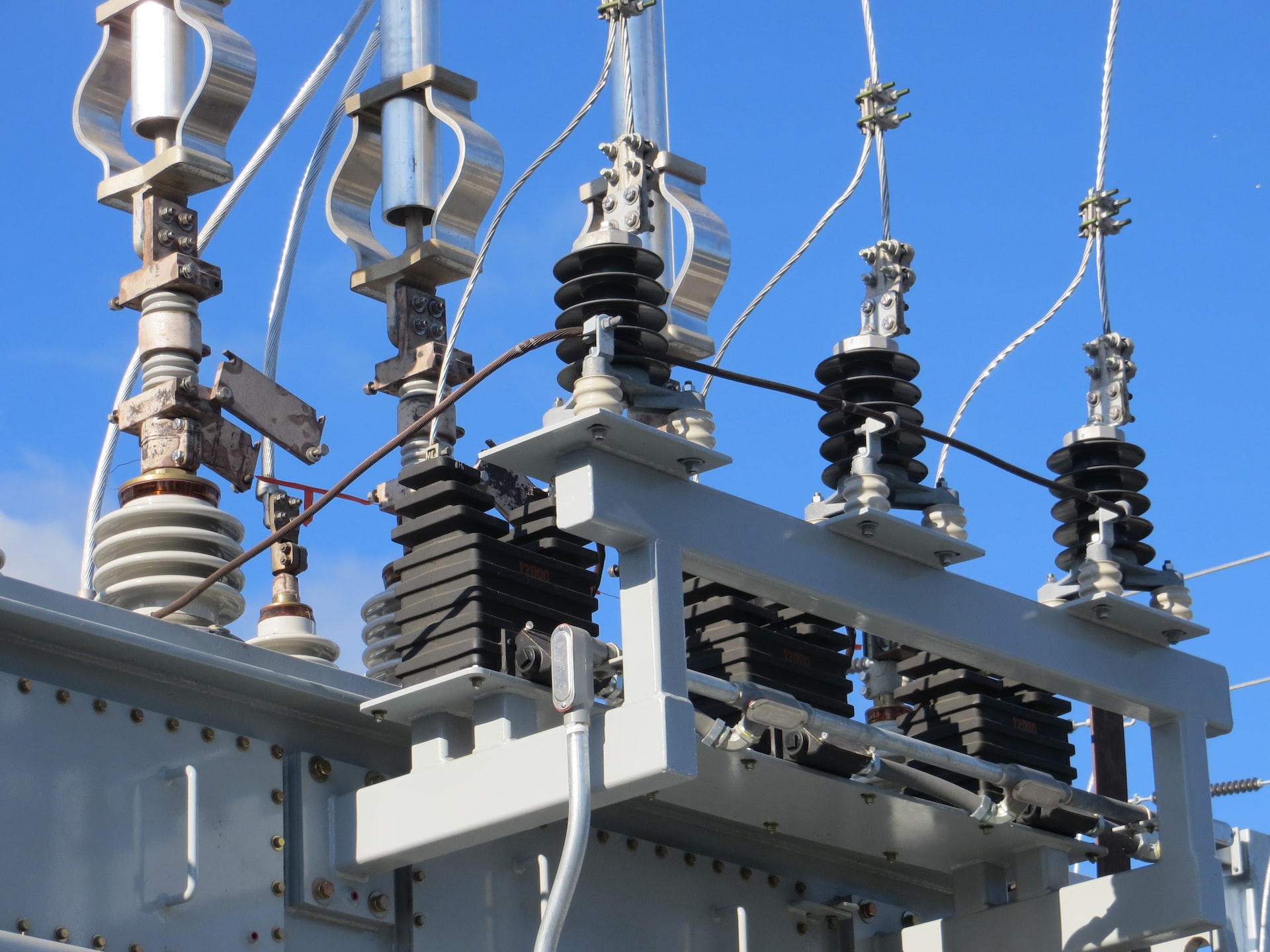4 Things to Consider When Choosing a Commercial Generator

Power outages can severely affect a business. As a result of your commercial building losing power, your business may need help to complete operations, create delays in project deadlines, and create an unsafe environment. A commercial generator can help prevent delays and headaches by ensuring an uninterrupted electricity supply to the building.
As the leading generator installation provider for commercial businesses in the North Bay, CORE Electrical Services, Inc. provides businesses with assurance and backup to their frontline with commercial generators. When searching for the right backup generator for your commercial building, here are some things to consider.
1. Your Needs
Wattage needs vary depending on the type of business. For example, the total wattage requirements of a small service business looking for a generator to keep office lights, networks, and devices such as computers and printers operational will be significantly less than a manufacturing plant outfitted with advanced machinery.
To determine how many watts, you need to keep your business up and running during a power outage, go through your electricity bills for the past 12 months. Find the highest wattage for the last 12 months and add 25% of the figure to the highest wattage. While calculating your wattage needs is a great way to determine generator size, do not decide based solely on your calculations. Have a professional electrician conduct a load test to ascertain your wattage needs.
2. Generator Fuel Type
Once you have estimated the amount of electricity your commercial generator should generate to keep your business up and running, it’s time to select the fuel type. Generators run on diesel, natural gas, or propane.
- Diesel: Most commercial generators use diesel. Diesel generators are cheap to run and maintain.
- Natural Gas: Natural gas is a relatively cleaner fossil fuel. It is cheaper than many other fossil fuels and considerably more efficient.
- Propane: Propane has a significantly longer shelf life than other fuels and is a clean-burning fuel. The main drawback of propane is that it is typically more expensive than natural gas. Propane generators use more fuel than their diesel counterparts.
Running Time
Power outages can last from a few minutes to several weeks. Before buying a generator, ensure you can count on it to provide a continuous power supply until an outage lasts. Generators that can run continuously for up to three weeks are ideal for most businesses. If power outages in your area typically last longer, you will want to opt for a generator that can fit your commercial building’s needs.
Single-Phase Vs. Three-Phase
Both single-phase and three-phase generators provide power in waves. Single-phase generators are ideal for small businesses, whereas three-phase generators are best suited for big businesses. As the name implies, three-phase systems produce power through three sequenced currents that run simultaneously. As a result, they are significantly more powerful than their single-phase counterparts.
When choosing the best generator for your commercial building, there are many factors to consider. If you are looking for guidance in your choice from trusted experts in the North Bay, call the team at CORE Electrical Services Inc. We are the leading commercial electrical contractor in the North Bay area. Our electricians have years of experience installing, repairing, and maintaining different commercial electrical systems. To schedule generator installation in the North Bay area, contact us at (707) 687-5083.
